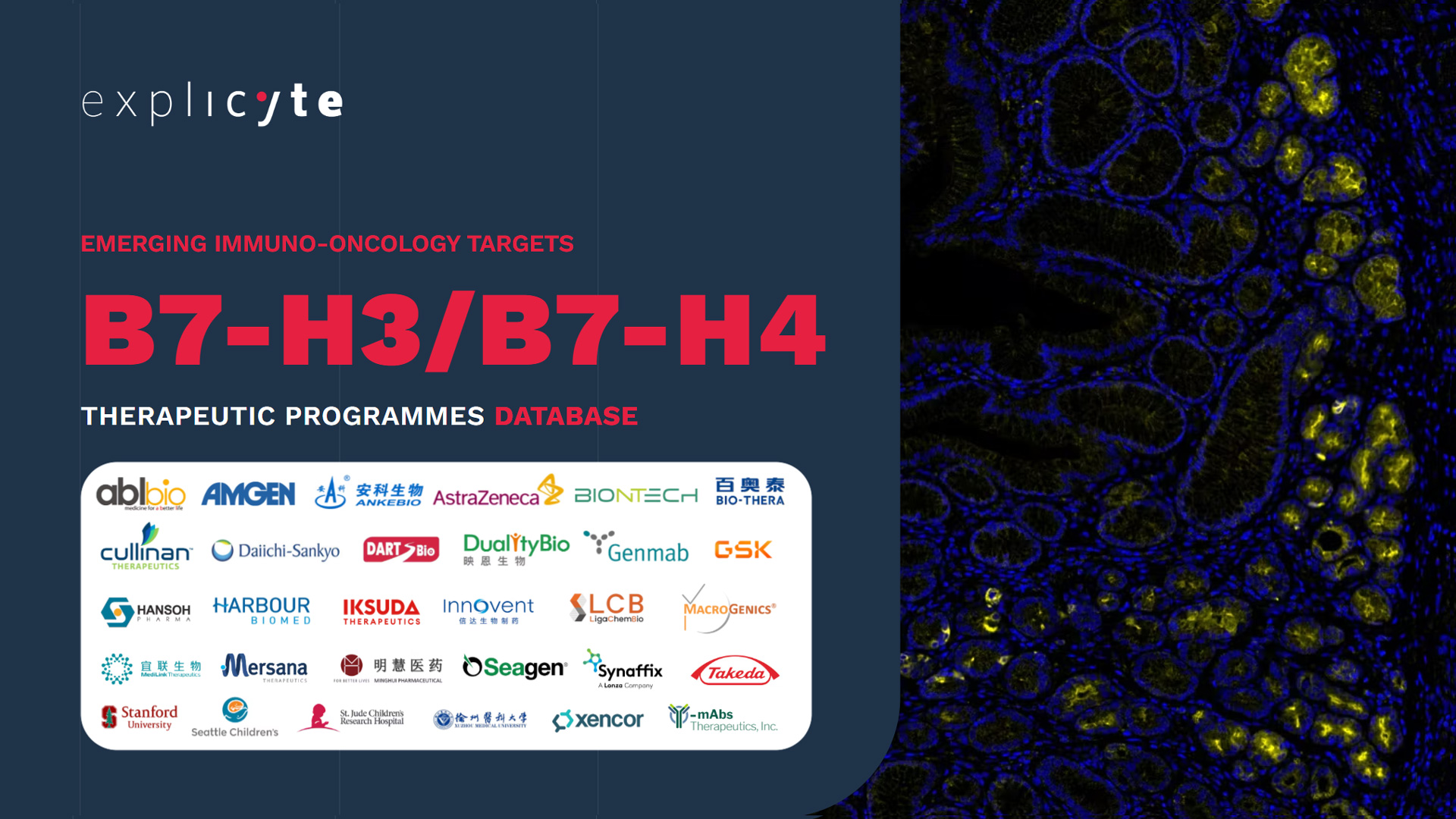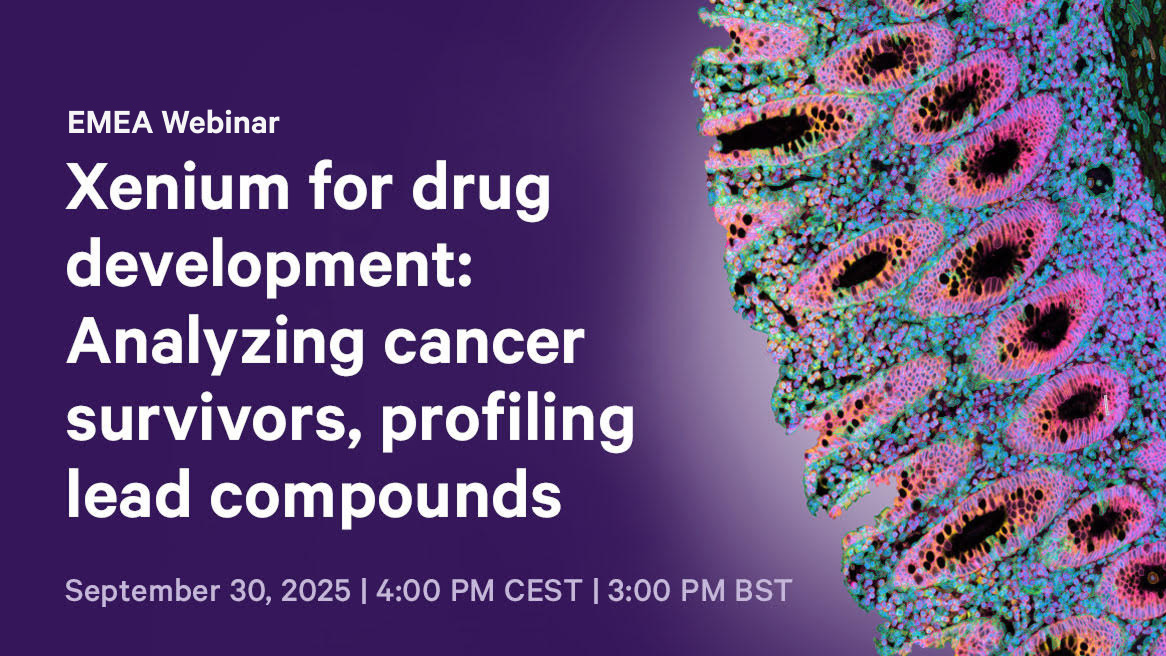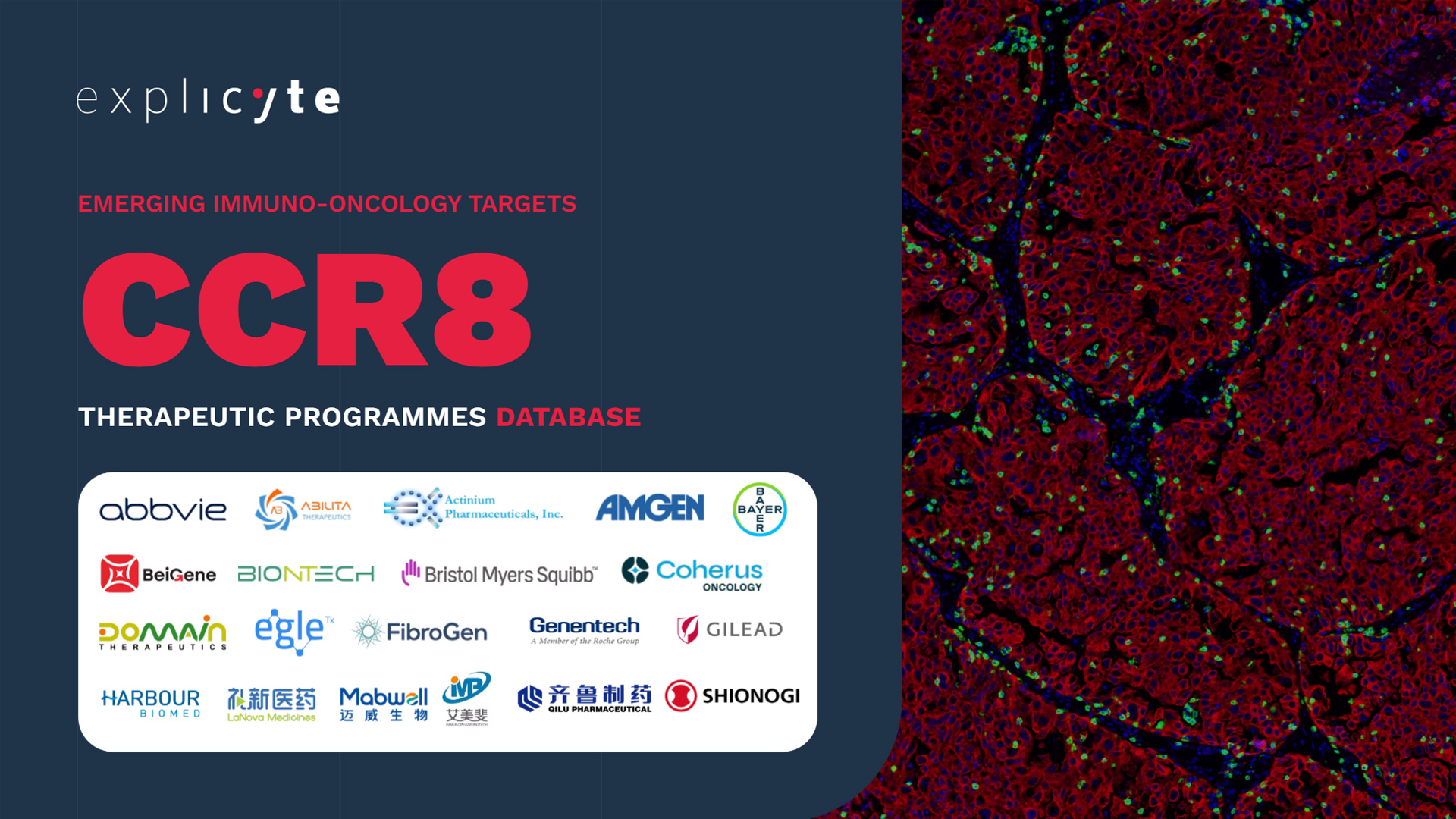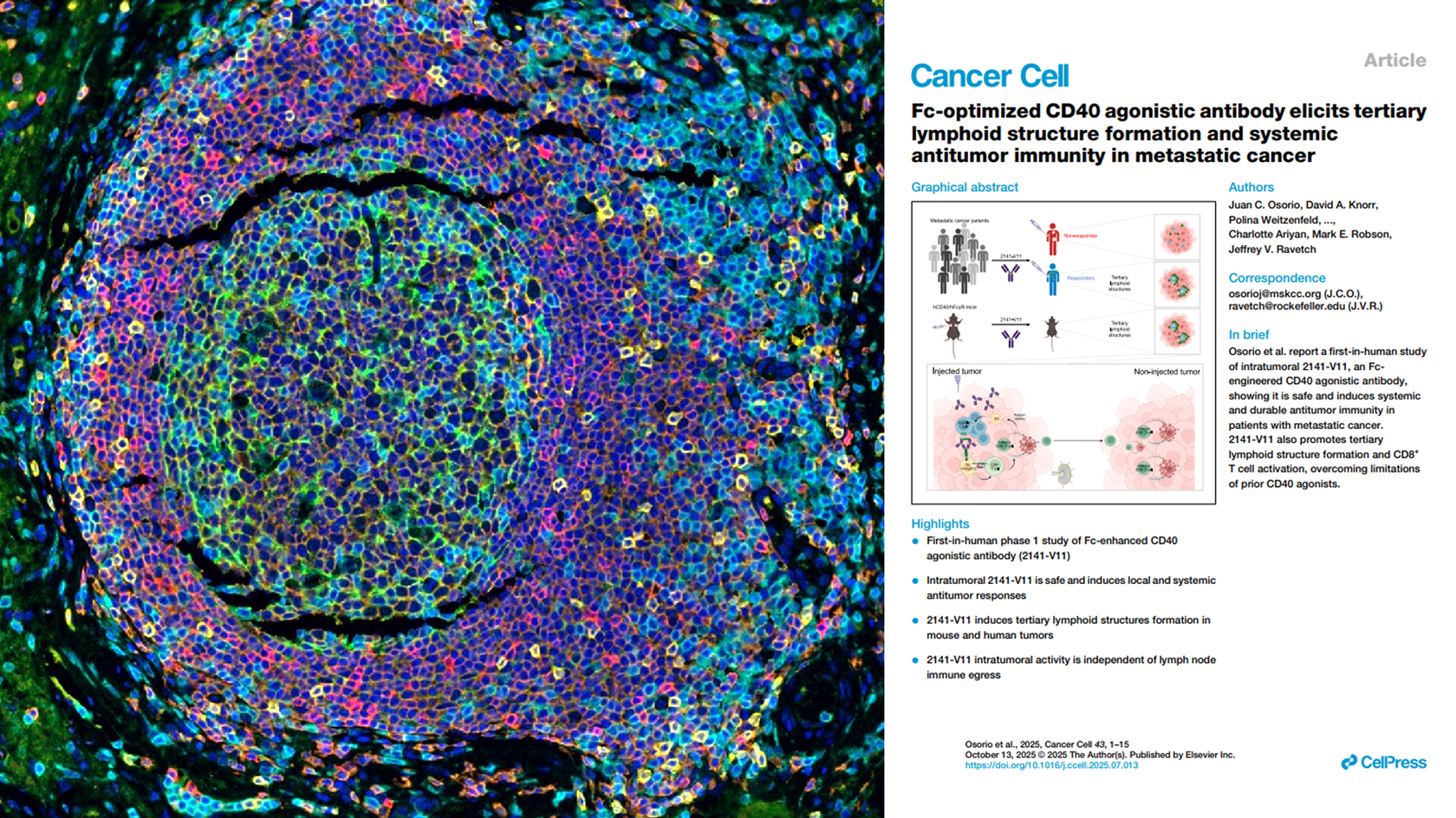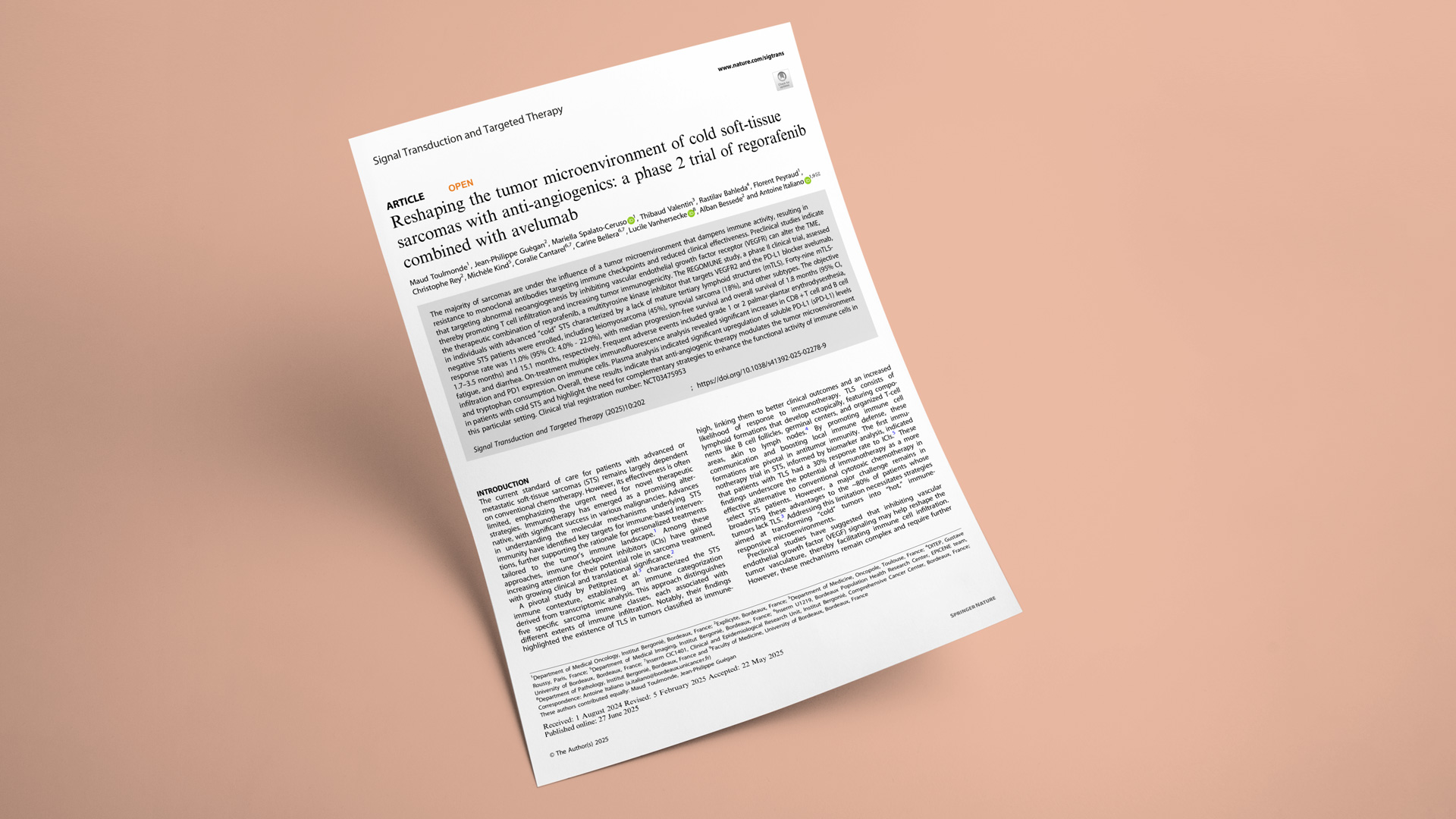French CRO earns Xenium, Visium HD and Chromium X certification from 10x Genomics and deploys industrial-grade spatial biology platform to accelerate biomarker discovery & drug development in oncology, and beyond.
Bordeaux, France — November 4, 2025. Explicyte, a French precision oncology contract research organization (CRO), today announced it has received
10x Genomics’ Certified Service Provider designation across
Xenium,
Visium HD and
Chromium X—making Explicyte the first service provider in France certified to run single-cell spatial transcriptomic studies with Xenium. Since 2019, Explicyte has pioneered the applications of spatial transcriptomics in oncology, to discover new drug targets and biomarkers, contributing to
30+ publications in leading journals, including Nature Medicine, Nature Cancer, Molecular Cancer, and Clinical Cancer Research.
https://youtu.be/zBbs6uRHXxg
A platform built for industry needs
In 2024–2025, Explicyte unified 10x Genomics’ single-cell and spatial biology platforms into an integrated service offering for academic, pharmaceutical, biotechnology, and AI partners in precision oncology.
“An industry-grade spatial biology platform in oncology requires three major things: capacity to meet sponsors’ timelines, quality from samples to final data, and expertise to extract maximum value from precious samples,” said Alban Bessède, PhD, co-founder and CEO of Explicyte. “With that in mind, we integrated 10x technologies into our workflows.
We design studies around each specific sponsor’s scientific question—optimizing multiplexing, platform selection, and panel choices to meet time and budget constraints. We’ve established partnerships with accredited biobanks and pathologists to source and qualify unique human specimens with clinical metadata. Our quality system is aligned to ISO 13485, with certification targeted in 2026. And we’ve reinforced our data-science team and IT infrastructure to process large datasets efficiently. Within this platform, Xenium plays a central role, providing unique insights in both translational and preclinical studies.”
Scaling Xenium in tissue—and extending to in vitro
In 2025, Explicyte analyzed 100+ tissue specimens on Xenium, delivering single-cell spatial insights to uncover new targets, characterize mechanisms of action, and identify predictive and prognostic biomarkers. As a recent example, Explicyte announced
a partnership with Cure51, leveraging Xenium to analyze tumor samples from exceptional cancer survivors across 50+ countries.
Beyond tissue applications, Xenium also supports in vitro research. In September 2025, Explicyte released a
case study demonstrating precise immunophenotyping alongside gene-expression readouts in a multiplexed, rapid, and cost-efficient Xenium workflow.
“Single-cell resolution opens new vistas on disease biology and drug mechanisms,” added Alban Bessède. “As the first certified Xenium provider within the immuno-oncology CRO space, our mission is to equip biopharma frontrunners with data they can trust - data that de-risk and accelerate their therapeutic pipelines.»
About Explicyte
Explicyte is a preclinical and translational contract research organization specializing in precision oncology. Founded in 2015 by immunologist Dr. Alban Bessède, the company has supported over 100 biotech and pharmaceutical partners in the discovery and development of novel therapies for solid tumors. Based at the Institut Bergonié Comprehensive Cancer Center in Bordeaux, Explicyte brings together a multidisciplinary team of 25 scientists, including cell biologists, digital pathologists, medical oncologists, and data scientists. Over the past five years, Explicyte has co-authored 30+ peer-reviewed publications on the molecular mechanisms of response to cancer immunotherapies.
For more information, visit
www.explicyte.com
Press contact
Pierre-Emmanuel GAULTIER -
pe.gaultier@explicyte.com - +33 6 450 600 49

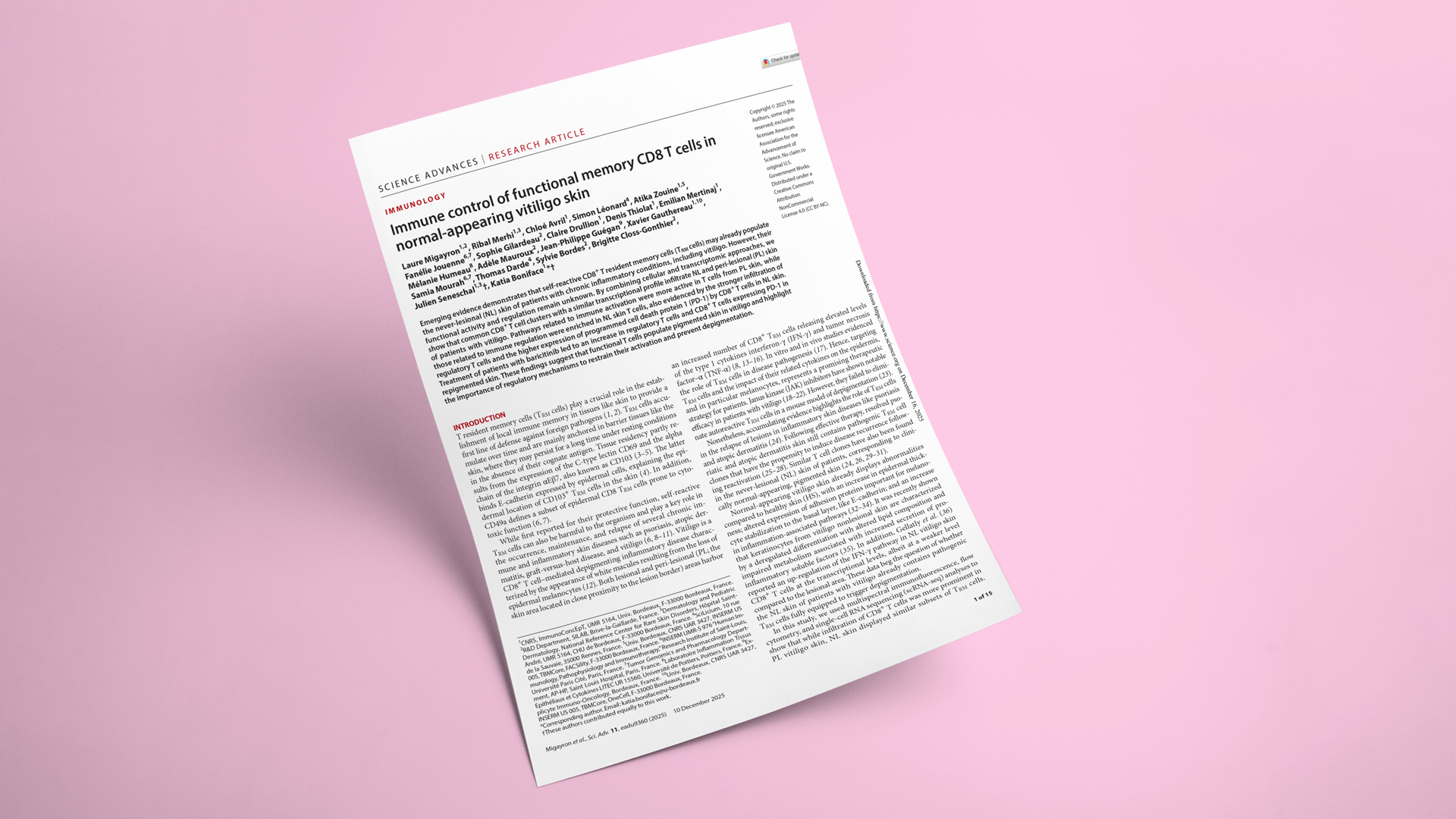
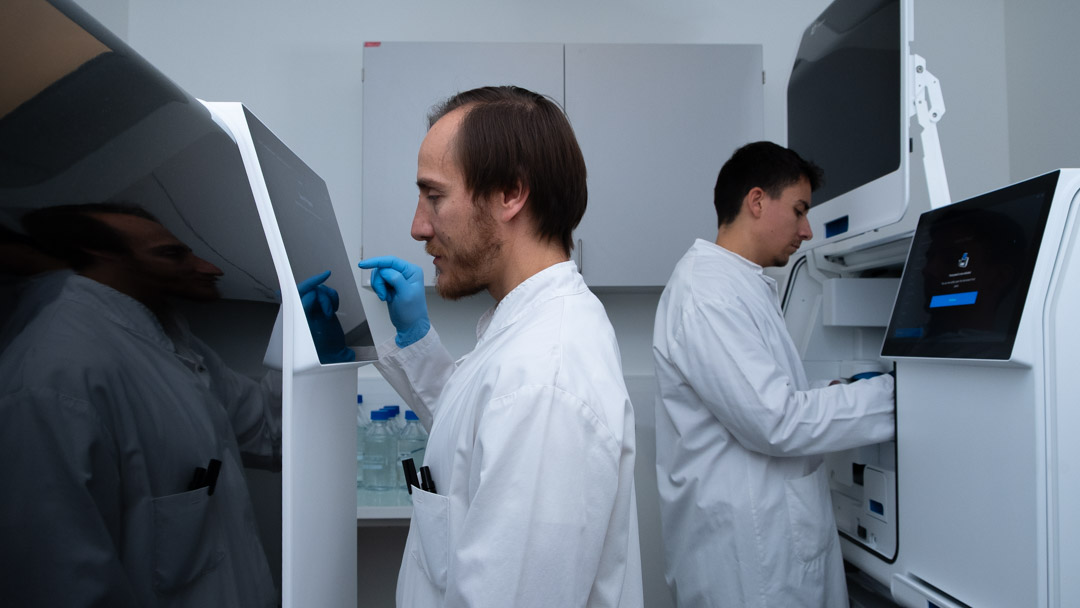
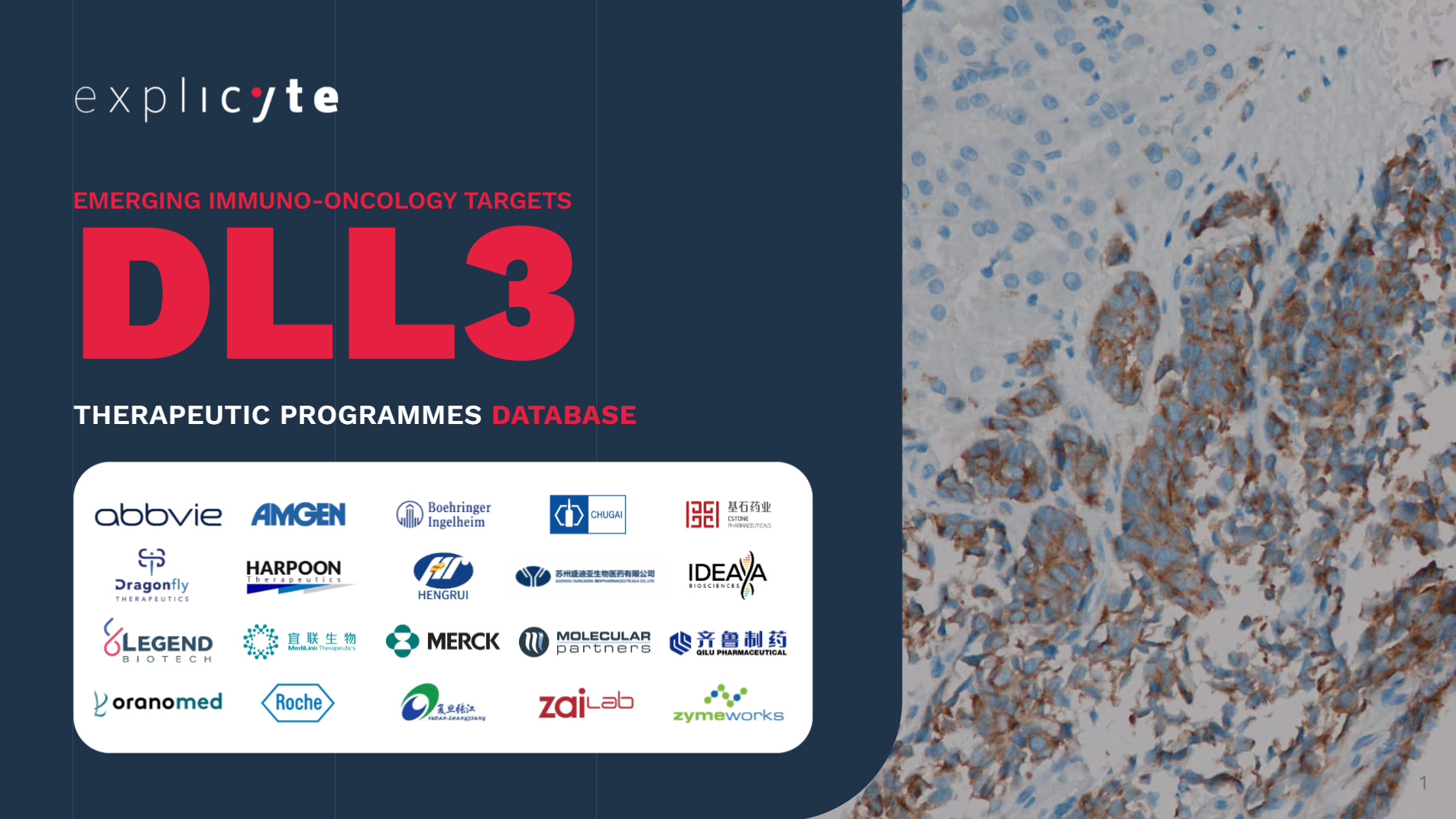


![[webinar] Targeting Tregs in Solid Tumors: Anti-CCR8 Therapeutics & Translational Insights Targeting Tregs in Solid Tumors Anti-CCR8 Therapeutics & Translational Insights](https://explicyte.com/wp-content/uploads/2025/10/Targeting-Tregs-in-Solid-Tumors-Anti-CCR8-Therapeutics-Translational-Insights.jpg)
